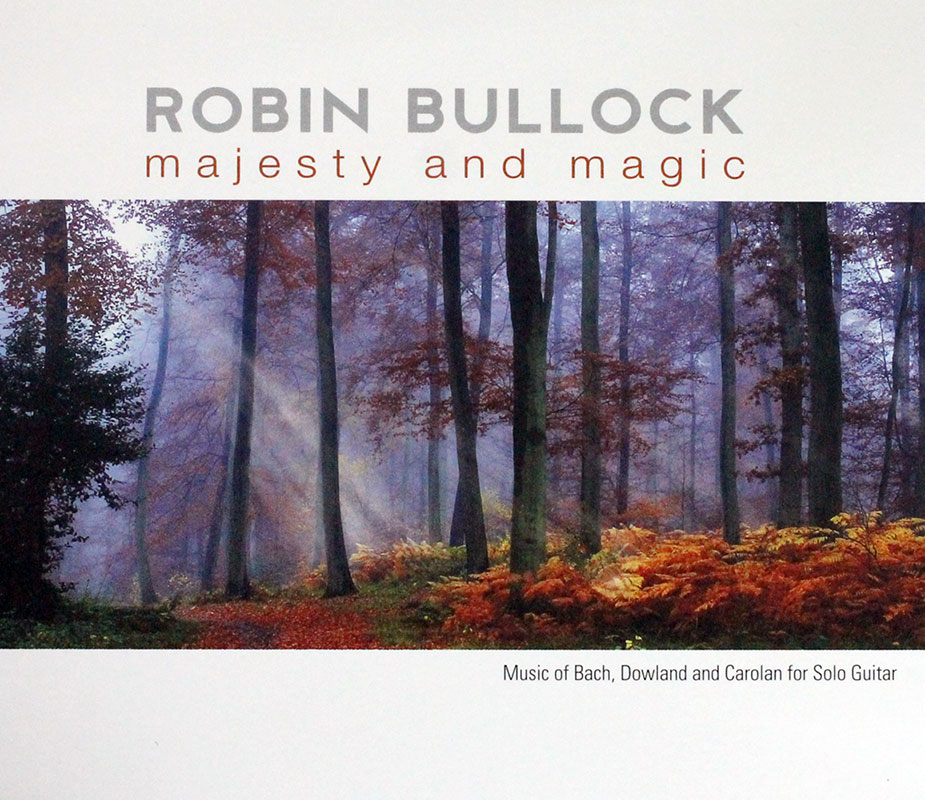Thus it was that the CD Majesty and Magic came about – almost as a stopgap at first, yet it grew into one of my favorites (and from what I’ve heard, an audience favorite as well). And there I was, playing Bach on both steel-string guitar and mandolin, when just a few years earlier I’d thought his sound world was forever off-limits to me as a player.
And interesting things were starting to happen: as I became more knowledgeable about Bach, and especially the Cello Suites, through my independent self-education, I was both feeling a responsibility to play them as faithfully to Bach’s intentions as I knew how, and at the same time developing more and more solid opinions about how I wanted to interpret them and what they could communicate through my performance of them from hearing the wide variations of possibilities on the many recordings I was devouring. Bach, perhaps more than most other composers, gives the musician a specific message to deliver, but almost total freedom within those boundaries as to how to say it.
Somewhere along the line I saw a video interview with banjo virtuoso Bela Fleck – another of us non-classical folks finding a home in the world of Bach – in which he made a remarkable observation: it’s well known that Bach was a great improviser, and many of his compositions most likely grew out of his improvisations…which means that when one plays Bach, particularly the solo instrumental works, something of Bach’s own improvisation is literally passing through one’s fingers in the present moment, and that inevitably has an effect on the rest of one’s playing. Not too long after that I was on the road in England with Tom Paxton, and in the middle of one concert, as I played an improvised solo break on one of his songs, I realized that Bela was right: I wouldn’t have come up with just that melodic idea or pulled it off just that way had it not been for all the hours I was spending studying and playing Bach.
So now – though I would hardly presume to call myself a Bach specialist – I’m deeply enough immersed in his music that it’s become an integral part of what I do, along with the perhaps more expected traditional Celtic and Appalachian tunes (and the occasional foray into music of the Renaissance, or John Fahey, or the Grateful Dead, or…). I’m halfway through my long-term goal of recording all six Cello Suites on mandolin, with the release of Suites For Mandolin Volume One (the first three suites) in December 2016 joining Majesty and Magic on the Robin Plays Bach CD shelf, and there’ll be more to come, on both mandolin and guitar. And in live performance, not only has Bach become an essential element of the show – I’ve heard more positive audience feedback about that than just about anything else I’ve ever done, I do believe – I can now even offer a “Bullock Plays Bach” concert, a full evening devoted entirely to the Leipzig master.
Who’d have thought, back when I was ten or eleven and my piano teacher told me you can’t play Bach on guitar.
RB













